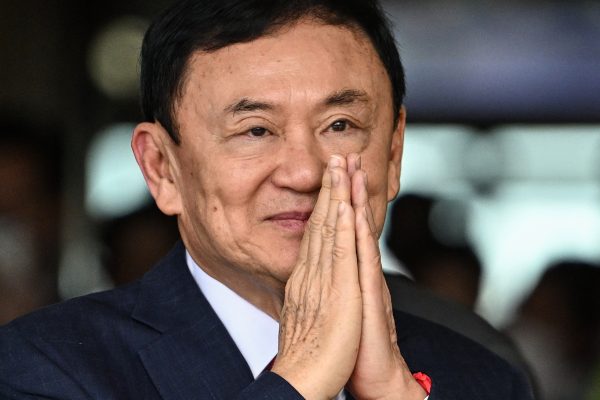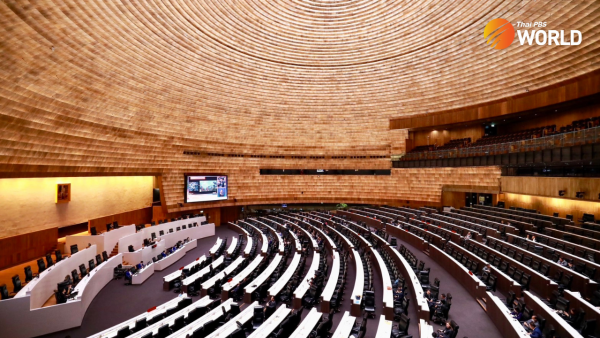Cold War in greyer world

It used to be a black and white situation, or so it seemed, when the United States and the then Soviet Union boycotted each other’s key events for fun, when “allies” barely questioned anything, when the “free” half of the planet fully trusted American spies, in real life or movies, to save the world, and when “terrorists” in everyone’s mind wore black hoods that left just the eyes and spoke heavily-accented English.
That was the Cold War for probably Captain America, James Bond and the younger Ethan Hunt. With Washington deciding not to send officials to the 2022 Beijing Olympics, another kind of a Cold War is another step closer. It can be quite different from its predecessor, during which alliances were absolute and complied with everything their leaders said, capitalism was the only way to get rich, and the aggressors or schemers were undoubtedly on “the other side.”
China is in a far better economic position than the Soviet Union. The Chinese are even threatening the Americans’ economic superpower status, not just the military one. Combining economic and military clouts and diplomatic power will follow. That spells a lot of trouble for the rest of the world, no matter where one’s allegiance lies.
The US media could not hide their delight every time an anti-China policy emerges from the European Union. A few days ago, the European Commission reportedly unveiled a plan to invest €300 billion ($340 billion) globally by 2027 on infrastructure projects, digital connectivity and curbing climate change. It is perceived by the western media as an ambition to present a direct alternative to Beijing’s Belt and Road Initiative (BRI).
But even CNN has admitted that European Union has been in a dilemma due to Beijing’s increasing economic bargaining power. “On one hand, it badly wants a strong economic relationship with its biggest partner for goods trade. On the other, it recognizes the Chinese government is a serial human rights offender and systemic rival,” the network said in an article that otherwise sounded upbeat about BRI facing an EU alternative.
America is losing a major Cold War tool, the once-dominant perception that “democratic capitalism” is the only way to go, because the enemies are poorer and have no way to compete economically. What is left now is, therefore, human rights, but the bad news is that nobody can guarantee the issue will not boomerang.
The world is a lot greyer on free speech, media freedom, military aggression and treatment or classification of political opinions. Simply put, America is susceptible to charges related to all of the above as well. But Washington has no other choices, as the Chinese yuan is gaining strength with each passing day and China’s space technology is rapidly catching up with that of the United States.
It’s too soon to say if the limited US boycott of the Winter Olympics will develop into an Us-or-them phenomenon. Australia is following suit but other allies have appeared hesitant. China, meanwhile, has responded that Washington would “pay a price.”
Mutual mudslinging can be expected, just like in the old Cold War. But this time there is the social media. The previous Cold War had the luxury of propaganda planned and controlled virtually completely by the ultimate protagonists, but it will not be the case with the new one. The Uyghurs, Taiwan and Hong Kong can be countered by claims that are equally damaging and easier to access or research.
The new Cold War may be already here, but is materializing in a different shape and form. The Winter Olympics boycott may just add a more official feel to it, coming against a backdrop of American attempts to deter Huawei, which is something a lot more crucial to US interests than the Olympics, and increasingly complicated economic and political situations of US allies. Whatever the reality is, both Washington and Beijing must brace themselves for the global public’s willingness to take the red pill and the high possibility that fewer and fewer people will play along with the kind of illusions spawned by the old Cold war.
By Tulsathit Taptim






